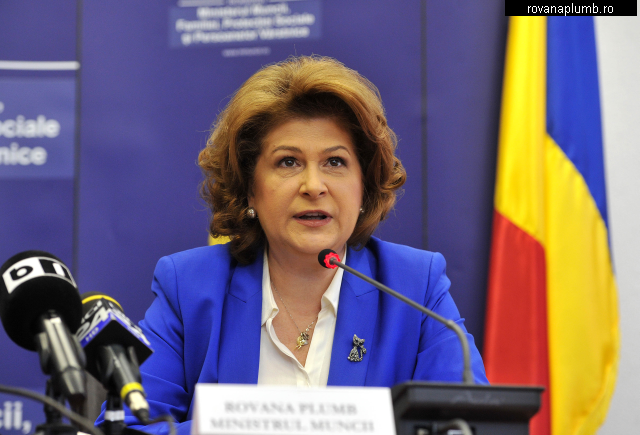The EU and Youth Unemployment
Discussions on youth unemployment continue at the highest level in the UE.

România Internațional, 09.10.2014, 14:00
The loss of jobs across the European Union as a direct consequence of the economic crisis still gives a hard time to European leaders. Although it has been a recurrent topic on the agenda of the high-level EU meetings, fighting unemployment is still a hard nut to crack, given the ill-advised strategies adopted at community level and the insufficient funds allotted under national policies.
Unemployment, its consequences and the pragmatic measures meant to reduce its scale were high on the agenda of talks at the conference on European employment organized in Milan by the Italian presidency of the European Council. Attending the meeting were the German chancellor Angela Merkel, the French president, Francois Hollande, the Spanish PM Mariano Rajoi and the Italian PM Matteo Renzi. The Italian PM reminded that in the 2008- 2013 period as many as 7.6 million jobs were lost, pushing the unemployment rate at an average percentage of 12%, which is by 5% higher than in the period before the crisis.
The worrying statistics prompted the participants to propose several measures among which the allotment of around 20 billion euros to fight unemployment and the simplification of procedures through which the money can be used to fight this scourge. Attending the meeting in Milan was also the Romanian Labor Minister, Rovana Plumb, who talked about the concrete measures which the left wing government in Bucharest took against unemployment:
Rovana Plumb: “The government adopted a number of measures among which increasing the minimum wages, not taxing the reinvested profit and reducing the social security contributions to be paid by employers as of November. These measures are expected to have a positive impact on employment.”
Minister Rovana Plumb has pointed out that as many as 190 thousand young people from Romania have benefited from active measures under the Youth Guarantee program. Under this program, young people aged below 25 who have lost their jobs or have not managed to get a job after graduation are supposed to receive a good offer in a period of 4 months after registration with the employment agency. The offer refers to getting a job, continuing their education or starting an apprenticeship.






























